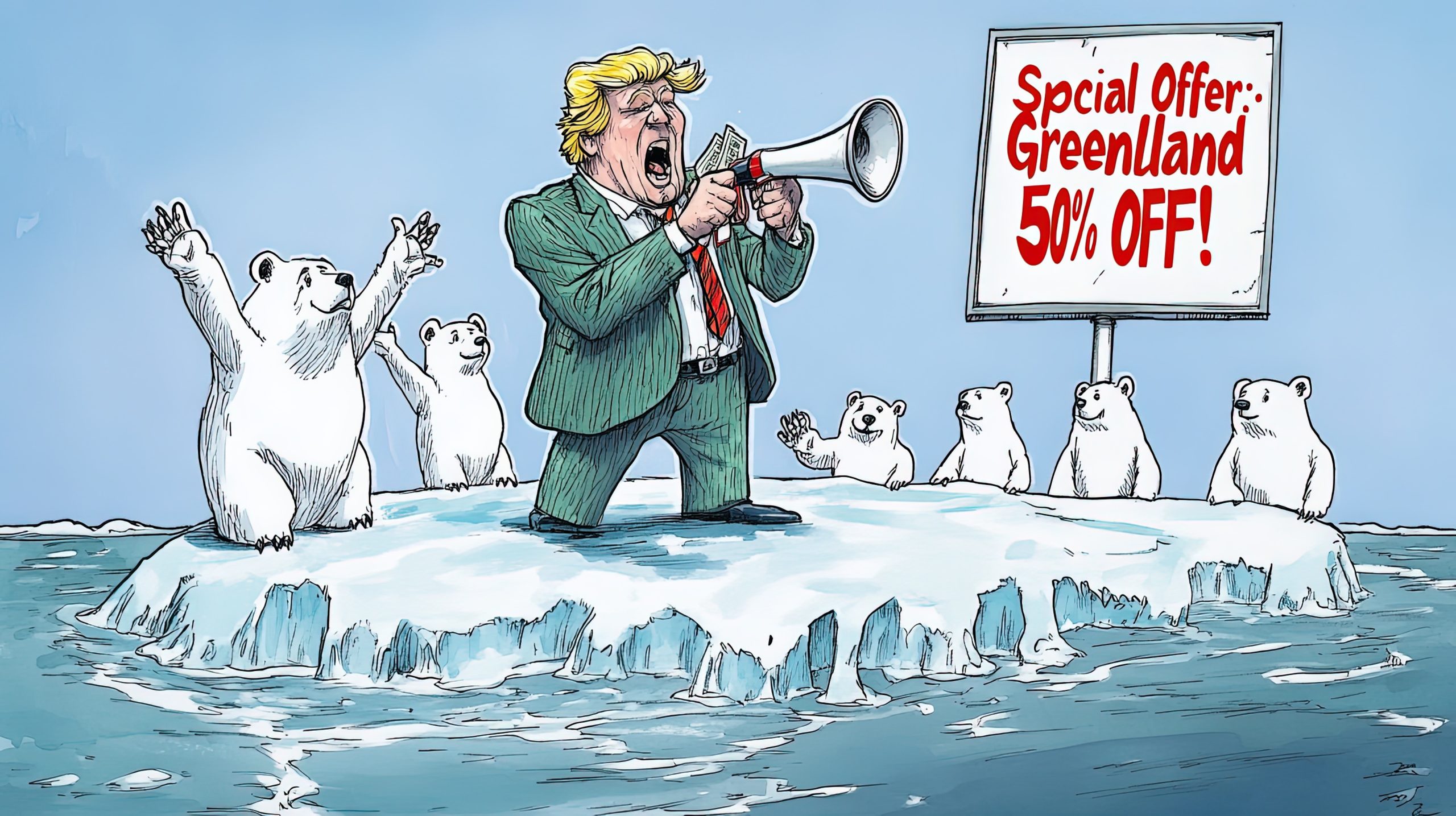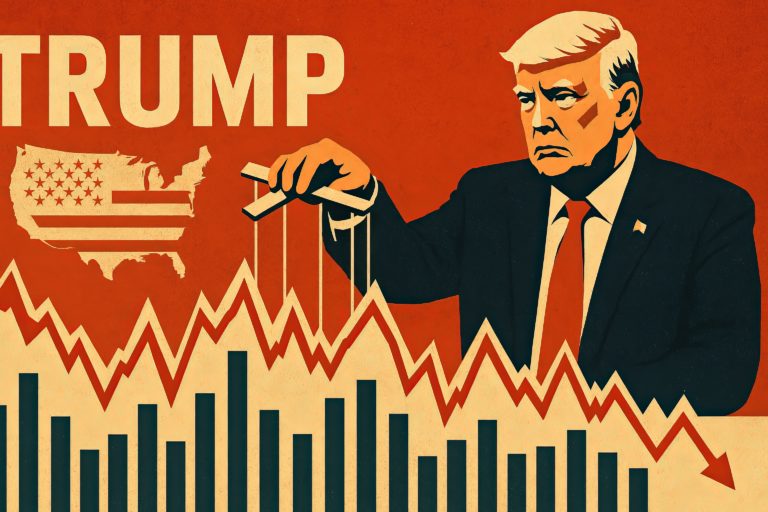“We Will Make You Rich”
How Trump Tried to Buy Greenland with Money and Strategic Ambition
$10,000 per person.
In 2018, Donald Trump’s administration developed a serious proposal to purchase Greenland from Denmark. According to a report published by The Wall Street Journal in April 2024, the plan included an offer of $10,000 to each of Greenland’s 56,000 inhabitants in exchange for the territory becoming part of the United States.
The proposal was not a joke or a casual remark. It was discussed at high levels of the U.S. government and considered a strategic acquisition, echoing previous territorial expansions such as the purchase of Alaska in 1867 or the annexation of Hawaii in 1898.
Historical context
The United States has a long history of acquiring land through purchase or force, often without the consent of the local populations. Greenland, while part of the Kingdom of Denmark, has enjoyed broad autonomy since the Act on Greenland Self-Government was adopted in 2009. The majority of the population is Inuit, maintaining a distinct cultural and political identity.
In 2019, Trump publicly expressed interest in buying Greenland, provoking international ridicule and a firm response from Danish Prime Minister Mette Frederiksen, who called the idea “absurd.”
Greenlandic authorities were equally clear. Then-Foreign Minister Ane Lone Bagger stated: “We are open for business, but we’re not for sale.”
Strategic and economic motivations
Greenland holds significant strategic value. It lies at the crossroads of Arctic shipping routes that are increasingly navigable due to climate change. The island hosts the Kvanefjeld deposit, one of the largest reserves of rare earth elements globally, alongside vast quantities of uranium, oil, and gas.
It also houses the U.S. Thule Air Base, established in 1943, the northernmost American military installation. Thule plays a critical role in early warning systems for intercontinental ballistic missiles and global surveillance.
The Trump administration viewed Greenland as an opportunity to secure vital resources, military advantage, and geopolitical leverage over rivals like Russia and China in the rapidly changing Arctic landscape.
A transactional approach to sovereignty
The idea of offering a direct cash payment to the population and to the Danish government reflects a transactional approach to international relations and sovereignty. It assumes that people and nations can be bought — ignoring political will, identity, and international law.
Offering to pay Greenland’s public debts or inject development funds may have been framed as benevolent investment, but the logic was imperial: acquisition by economic means.
International reactions and implications
The proposal was firmly rejected. Denmark refused outright, and Greenlandic leaders reiterated their right to self-determination and political agency.
Though the plan never advanced, it revealed a mindset within parts of the U.S. political establishment: that economic power entitles a country to reshape the map. Such thinking undermines the principles of sovereignty, equality among nations, and the UN Charter.
Trump’s Greenland proposal was not only unrealistic, but also emblematic of a worldview where power is exercised through wealth and coercion rather than cooperation and mutual respect.
It failed not because it was too bold, but because it ignored a basic truth in international law: peoples are not for sale.
Greenland is not a commodity. It is a land, a people, and a nation with a voice…
G.S.






